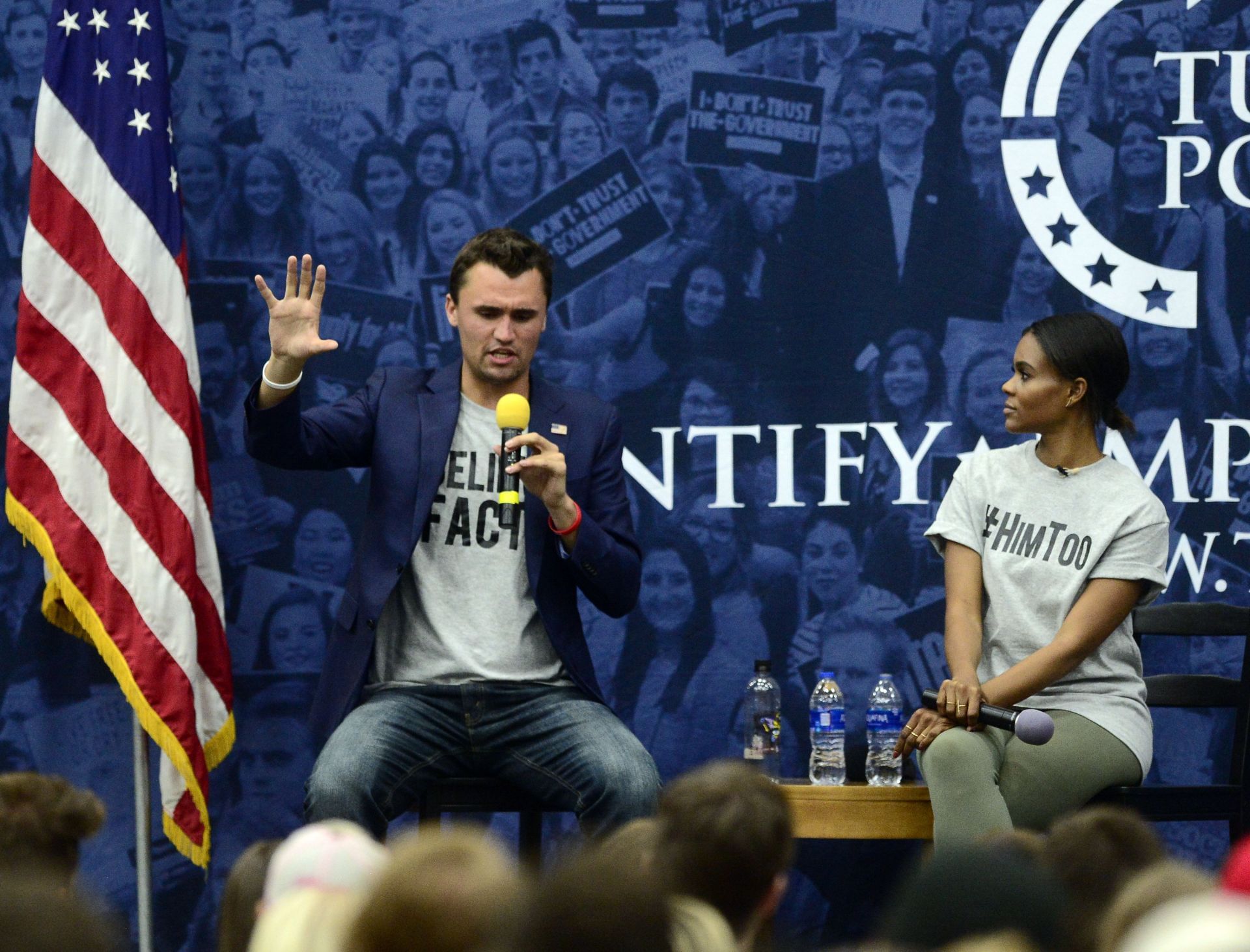**M Health Market Outlook**
**Base Year:** 2024
**Forecast Years:** 2025-2035
—
### Introduction
The primary aim of this report is to provide in-depth industry data that assists decision-makers in making critical investment decisions and identifying potential changes and gaps in the M Health Market. To achieve this, the study examines the market’s history and forecasts its development across different geographical regions. The report also explores future technologies, technological innovation, and advancements within the industry.
This comprehensive study highlights detailed analysis related to sales volume, market share and revenue, competitive landscape, and SWOT analysis to help readers gain a better understanding of the M Health Market.
—
### Key Industry Insights
This research takes into account market types, major players, on-premises availability, and applications. It thoroughly examines the main product and application categories in the M Health Market, alongside key market segments. Additionally, it calculates the expected growth of each segment over the forecast period.
The report concludes with an overview of the current market, including crucial information about emerging features anticipated during the forecast period and their implications for market growth.
For readers interested in a more detailed analysis, a **free sample copy** of the report is available, which includes:
– A brief overview
– Table of contents
– Regional analysis
– Top players
– Revenue analysis
– Research methodology
—
### Top Key Companies in the M Health Market
– AT&T Inc.
– Athenahealth Inc.
– BioTelemetry Inc.
– Cisco Systems Inc.
– Sanofi S.A. Ltd.
– Johnson & Johnson Pvt Ltd.
– Philips N.V. Inc.
– Apple Inc.
– AirStrip Technologies Inc.
– LifeWatch AG
– Nike Inc.
– Cerner Corporation
– Medtronic Inc.
– Omron Healthcare
—
### M Health Market Scope and Growth Analysis
The M Health Market is experiencing rapid growth, driven largely by the increasing demand for data-driven decision-making across various industries. Its scope extends beyond healthcare to sectors such as technology, retail, and finance, offering valuable insights into consumer behavior, market trends, and competitive landscapes.
The global market research sector is projected to grow substantially, propelled by advancements in Artificial Intelligence (AI), big data analytics, and digital tools that enable more accurate and real-time insights. Emerging markets and the rising adoption of online research methods further contribute to the market’s expansion, establishing M Health as a critical component of business strategy and innovation.
—
### Competitive Dashboard
The report provides detailed insights into key companies’ strategies, including supply and demand analysis and the factors driving growth in M Health Market share. It thoroughly profiles the primary market players from various angles, including financial health, production volume, product descriptions, and overall company profiles.
Additionally, the report includes:
– Trade objectives
– SWOT analyses
– Revenue streams
– Product innovations
– Strategic developments such as mergers, acquisitions, collaborations, and new product launches
The study also discusses industrial layout features, relevant regional policies, and other modern industry dynamics. Visual aids including maps, bar graphs, and pie charts are used extensively to communicate market characteristics clearly to readers.
—
### Comprehensive Market Insights
Utilizing both primary and secondary research methods, this report provides a detailed overview of market trends, sales channels, upstream raw material analysis, and downstream demand dynamics. It evaluates product profitability to assist industry participants in making informed decisions about business expansions and new product launches within the M Health Market space.
—
### M Health Market Segmentation
The report offers a comprehensive breakdown of the market by:
**Device Type:**
– Blood Glucose Meters
– Blood Pressure (BP) Monitors
– Pulse Oximetry
– Neurological Monitoring Devices
– Apnea & Sleep Monitors
– Wearable Fitness Sensor Devices & Heart Rate Meters
– Others
**Service Type:**
– Diagnosis Services
– Monitoring Services
– Prevention
– Treatment
– Wellness
– Healthcare System Strengthening Solutions
**Application:**
– Cardiovascular Diseases
– Diabetes
– Respiratory Diseases
– Neurological Diseases
– Others
**Region:**
– North America
– Europe
– Asia Pacific
– Latin America
– Middle East & Africa
—
### Market Trends, Analysis, and Forecast (Till 2029)
A detailed PDF report brochure, including the complete list of key players, is available for download.
—
### Major Market Highlights
– Full segment coverage of the M Health Market
– Competitive landscape assessment focusing on key rivals’ portfolios and regional expansions during the forecast period
– Detailed geographical market analysis
– Identification of market trends and growth opportunities
—
### Top Winning Strategies
Leading companies adopt various strategies to maintain and grow their market share, including strategic partnerships, mergers and acquisitions, product innovations, and geographic expansions.
—
### Unique Insights Offered by This Report
This report provides answers to important questions such as:
– What is the size of the sales opportunity?
– Which regions provide the best sales opportunities?
– What are the most attractive market segments?
– Who are the top players, and what is their market positioning?
– How complex is the business environment?
– What are the key factors affecting the market?
—
### About Prophecy Market Insights
Prophecy Market Insights is a leading market research service provider, delivering accurate and actionable market intelligence to clients across multiple industries. With a team of experienced analysts, the company specializes in comprehensive research reports covering industry trends, market size, growth opportunities, competitive landscapes, and more.
Prophecy Market Insights is committed to delivering high-quality research to help clients achieve their strategic business goals while staying ahead of competition.
—
### Contact Us
**Prophecy Market Insights**
Website: [Insert Website URL]
US Toll Free: +1 689 305 3270
—
*For more information and to request a free sample of the report, please visit our website or contact us directly.*
https://www.prnewsreleaser.com/news/117672
